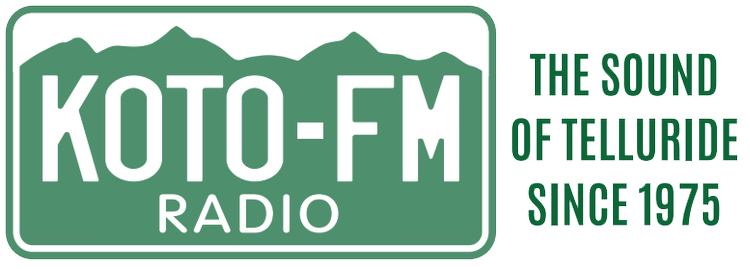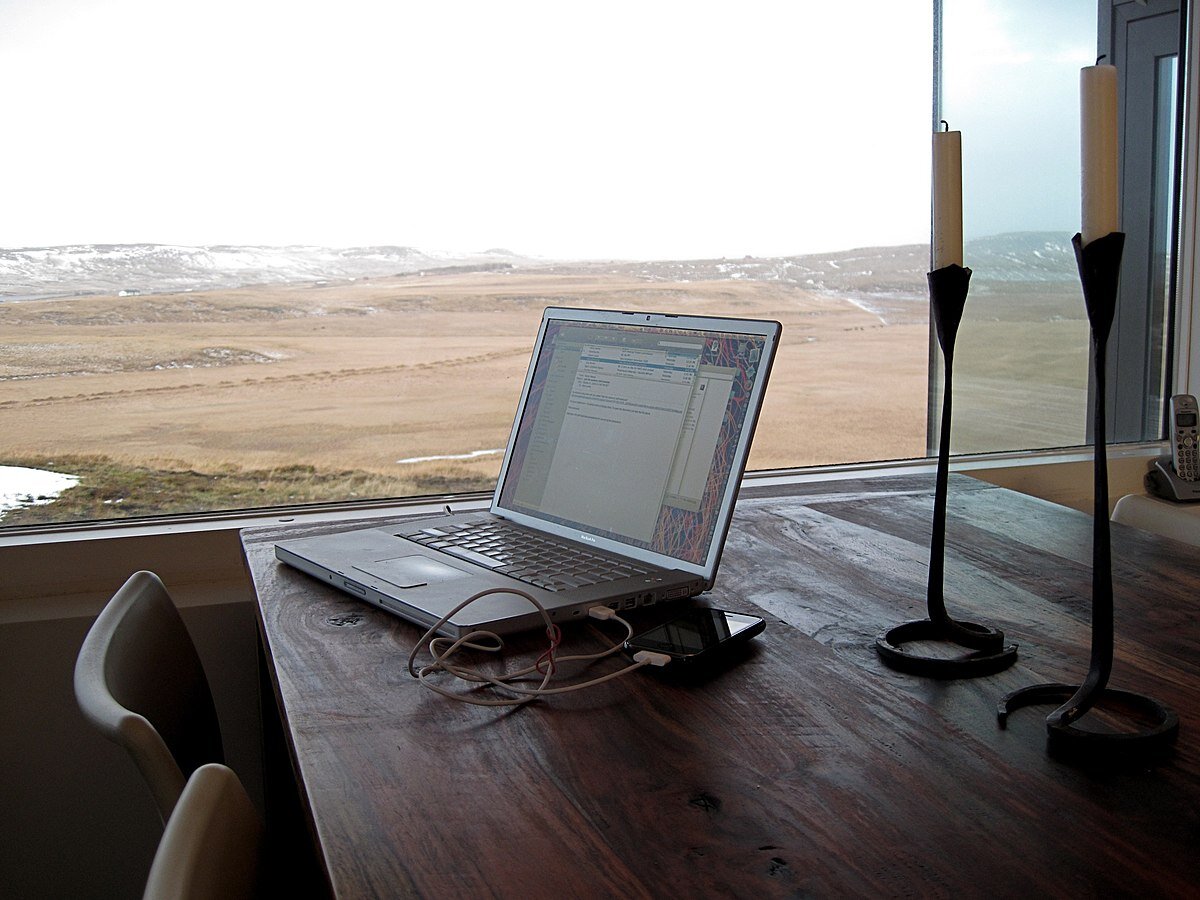By Matt Hoisch
Picture by cogdogblog, Wikimedia Commons.
Davo is looking forward to an upcoming milestone.
“If I’m lucky enough to make it,” he says, “I’ll have 15 years sober next month.”
Davo lives in the Telluride area. We’re not using his last name because he wants to remain anonymous.
When we spoke, “next month” meant April. But Davo is also sheltering in place because of the coronavirus, so he’s unsure what he’ll do.
“You know, normally we have celebrations at meetings, and we get these coins that show 15 years or whatever,” Davo explains. “People bring a cake or whatever. We have cake after the meeting and we go out to dinner. This year since it’s next month, who knows if that’ll even happen or not.”
That “we” he’s talking about is members of his recovery community. Each individual is different, but many people, when recovering from alcoholism or drug use or any kind of addiction, rely on the support of others to recover and to avoid relapsing. But when people socially isolate to avoid the coronavirus, that can be hard.
Lynton Moore has lived in the area for three decades and used to be the substance abuse provider for San Miguel County. Now she has a private practice. “There are so many circumstances that could be triggering,” she says. “Especially if there’s trauma in the background. Like a lack of foundation, a lack of knowing, a lack of security. It’s easy to lose a sense of presence.”
Moore says those social connections are a powerful way to prevent relapse, which, according to her, doesn’t just happen at the flip of a switch. She says relapse can occur after weeks or even months of gradual changes in behavior and thought.
“And you have to actually work. It’s almost like battling yourself again. And that’s why reaching out to people is really important, so that you’re not just stuck in the mind that just keeps going round and round and round.”
One way Davo is helping himself and others do that work while isolating is through virtual meetings on platforms like Zoom.
“It was no different,” he says, “except that we were seeing each other on a computer instead of in person.”
Well, there is at least one difference: unlike meeting in-person, digitally, people can join from anywhere. People like Aaron. Again, we’re only using his first name. Aaron lived in Telluride for 20 years. It’s where he got sober. Now he lives in Brooklyn, where, he says, his recovery community is less connected than it was Telluride. When he got an invite from his old roommate to join the Telluride Zoom meetings, he didn’t expect how meaningful it would be.
“I didn’t realize the level of anxiety and stress that I had been dealing with because it was built up over the course of a few weeks. And the connections, the human connections and the recovery connections, had been dwindling and dwindling,” Aaron recalls. “And then I connected with the group in Telluride via Zoom, and it gave me a pretty deep sense of comfort knowing that they were all there in the world, doing the same thing that I was. It was really comforting beyond anything that I thought it would be.”
Digital recovery communities aren’t anything new. They were around before the coronavirus pandemic. Chris Pesce is the Co-Founder and Chief Operating Officer of Sober Grid, an app that helps people connect with others nearby and throughout the world in recovery. Through surveys, his team found that while many users are looking for help to get sober, just as many are sober people looking to help.
“About half of those who responded let us know that they were in early recovery or still struggling,” Pesce explains. “And they were really using it as a lifeline, as a means to receive support. But interestingly, the other half of those who responded, many of them indicated that the were in longer term recovery. Sometimes five, ten, 15 years, or more. And their primary reason for using the app was to support others as a means of how they maintain their own program of recovery.”
Pesce notes that during widespread social distancing, users are sharing and posting on the app, and his team has started hosting their own Zoom meetings for users.
Mindsets also help. Aaron says one idea from his recovery that is also motivating him during this pandemic is taking things one day at a time. “This thing isn’t gonna last forever,” he says, “but it’s gonna last for right now.”
Davo shares a similar sentiment as he thinks about his upcoming milestone.
“I’ll be happy that I have 15 years of sobriety, but what’s important is 15 years and one day.”
Video meetings aren’t for everyone, and they aren’t some sort of universal solution. Again, everyone’s recovery is different. Lynton Moore, for instance, worries that, at least in Telluride, there aren’t enough ways for younger people to connect and work toward recovery. But, especially in times of necessary isolation, technology can help some people, like Davo and Aaron and many more, connect and keep up their recoveries—one day at a time.

